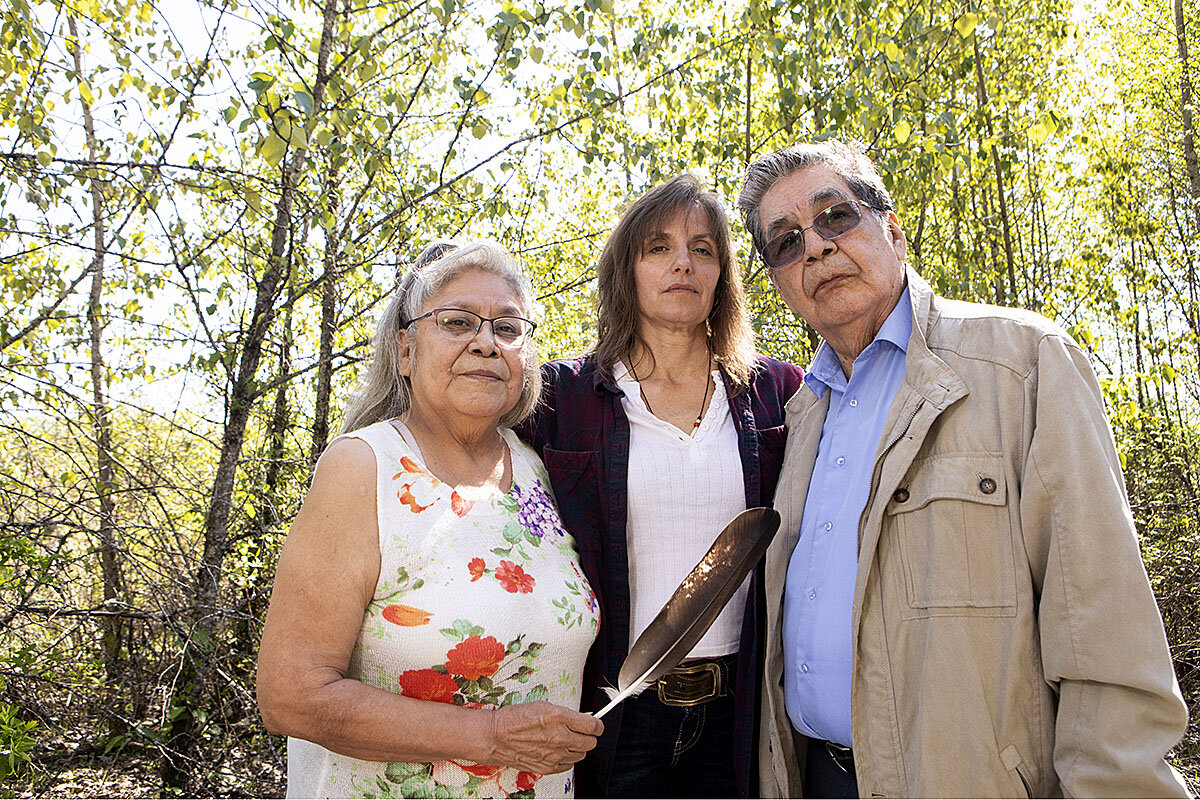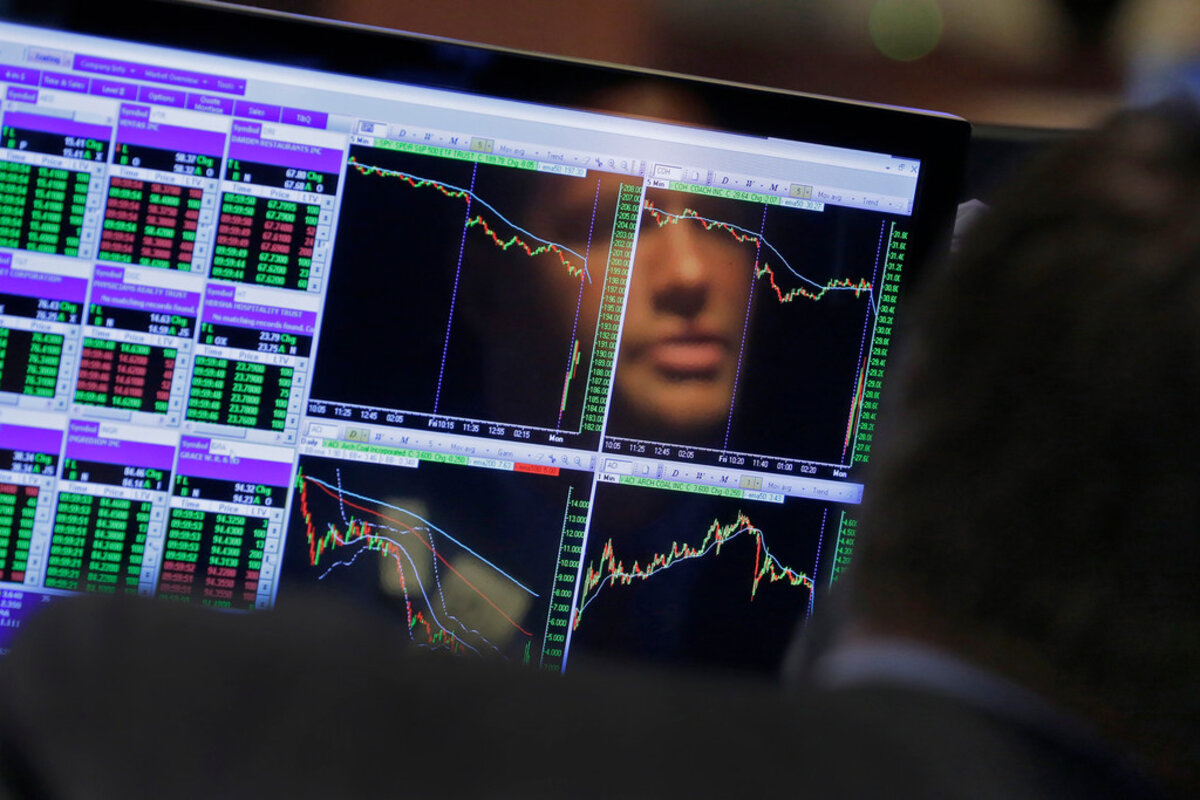Impeachment is presented as a binary choice, but Congress has other options for dealing with perceived presidential offenses.
Monitor Daily Podcast
- Follow us:
- Apple Podcasts
- Spotify
- RSS Feed
- Download
 Mark Sappenfield
Mark Sappenfield
When non-Muslims think of Islam, it is likely that they are thinking of an image largely crafted by Saudi Arabia. It is an image that Saudi Arabia has aggressively proselytized in the Sunni Muslim world and beyond through its wealth and influence: a strident conservatism that, for instance, only recently saw women as fit to drive.
But this past week, that image showed signs of cracking.
Outside the Muslim world, the disagreement might have seemed a small thing. Three Arab countries rejected Saudi Arabia’s pronouncement that the holy month of Ramadan ended Tuesday. They proclaimed it ended Wednesday. But for Taylor Luck, our correspondent in Jordan, that flicker of discord bespeaks something much bigger: Saudi Arabia is paying the price for politicizing religion.
Saudi Arabia’s interpretation of Islam, called Wahabbism, has been the country’s “main export the past four decades and was their attempt to expand and cement their influence across the Arab world,” he says. “This reductionist or austere interpretation went unchecked until it invaded almost every major town and city in the Arab world.”
“The fact that states are now showing they are willing to push back, albeit gradually, is a sign that Saudi’s monopoly or unquestioned hegemony over Islam is not as secure as it once was – or as they think it is.” For a religion that, in many places, is far more diverse and tolerant than the image of Wahabbism presents, it is the seed of a potentially powerful change.
Today our five stories include a look at Israel’s moment of decision for democracy, Native Canadians’ efforts to reforge the system that sought to break them, and an incomparable glance back at D-Day through the eyes – and the cockpit – of two pilots who lived it.










